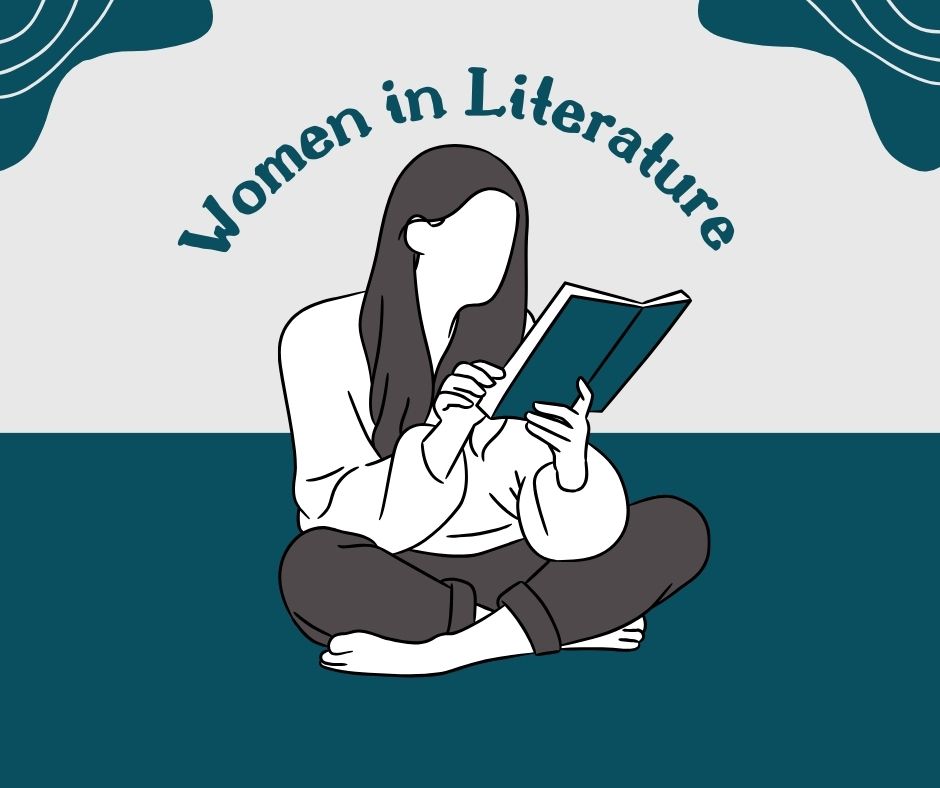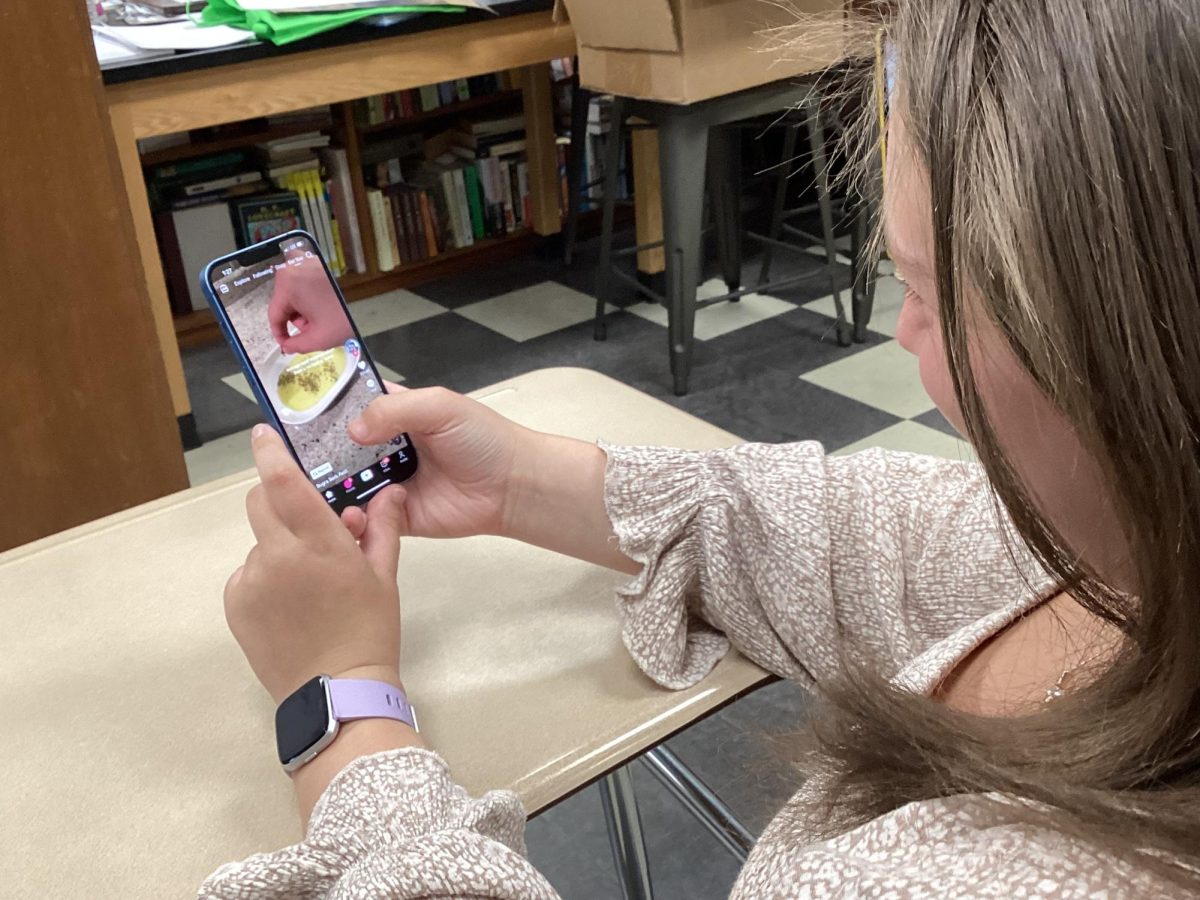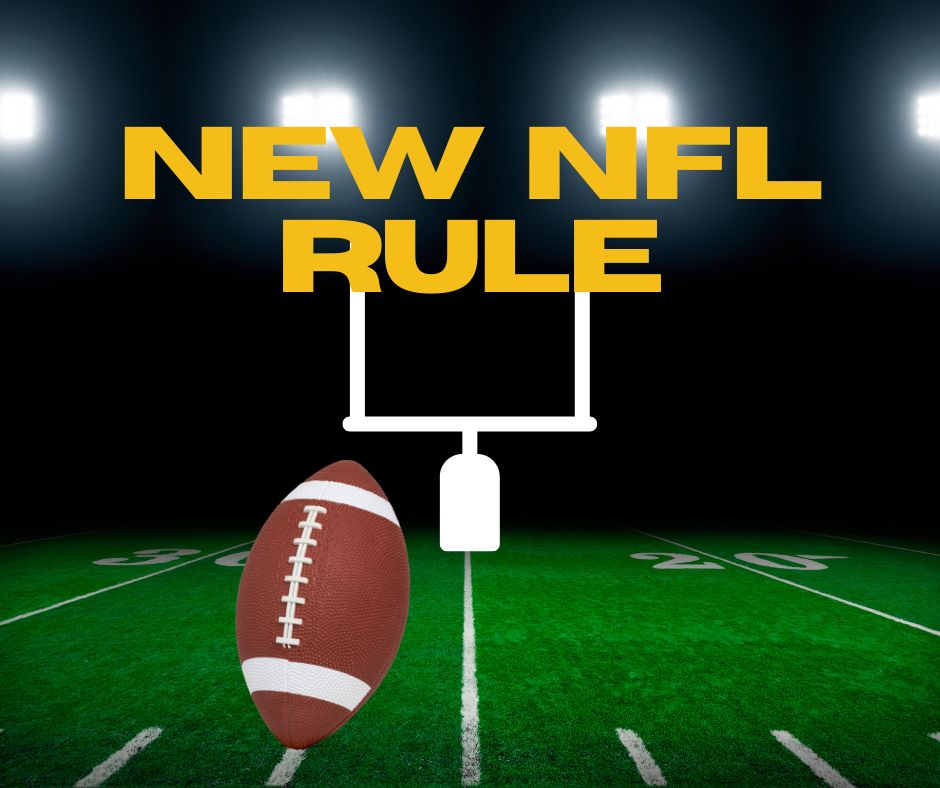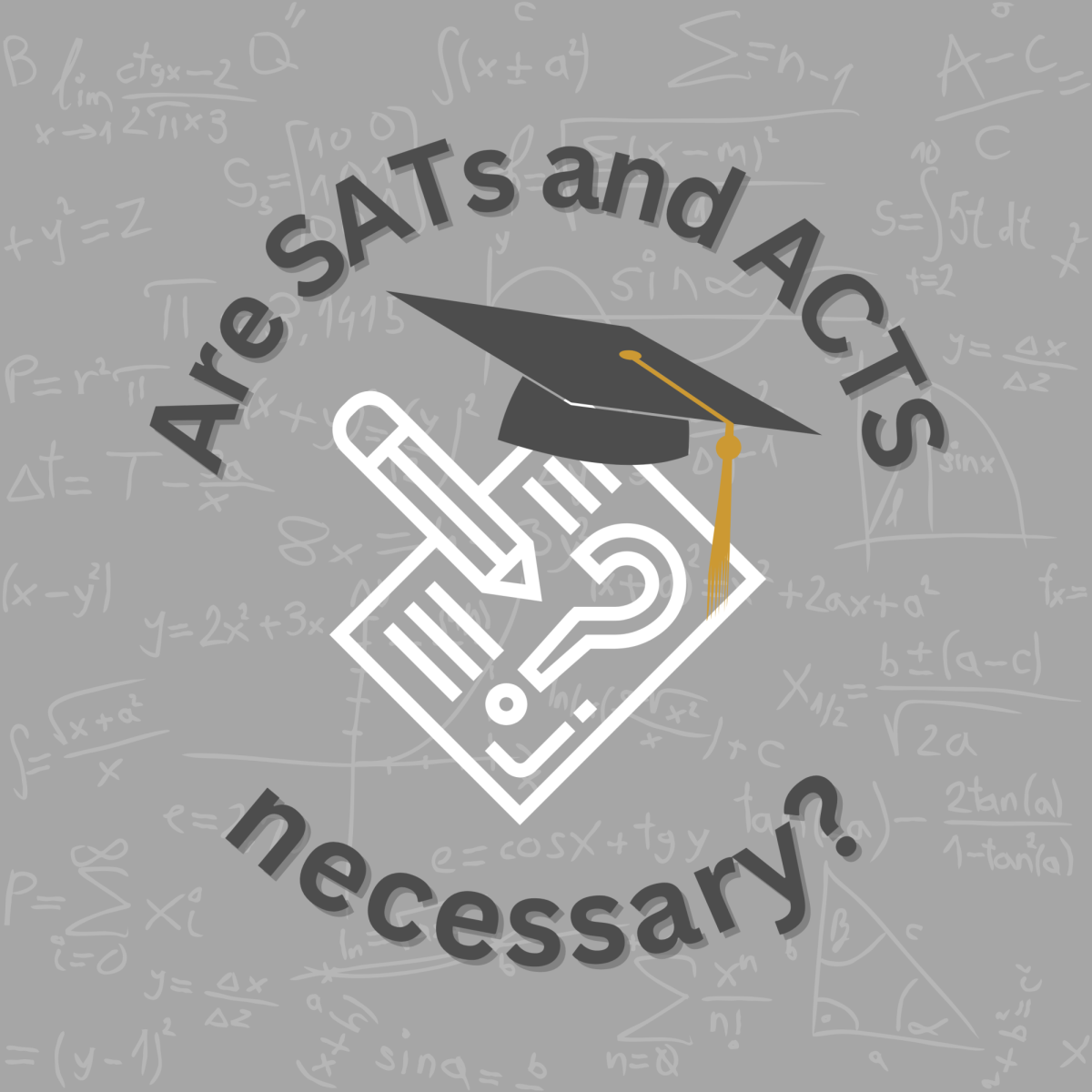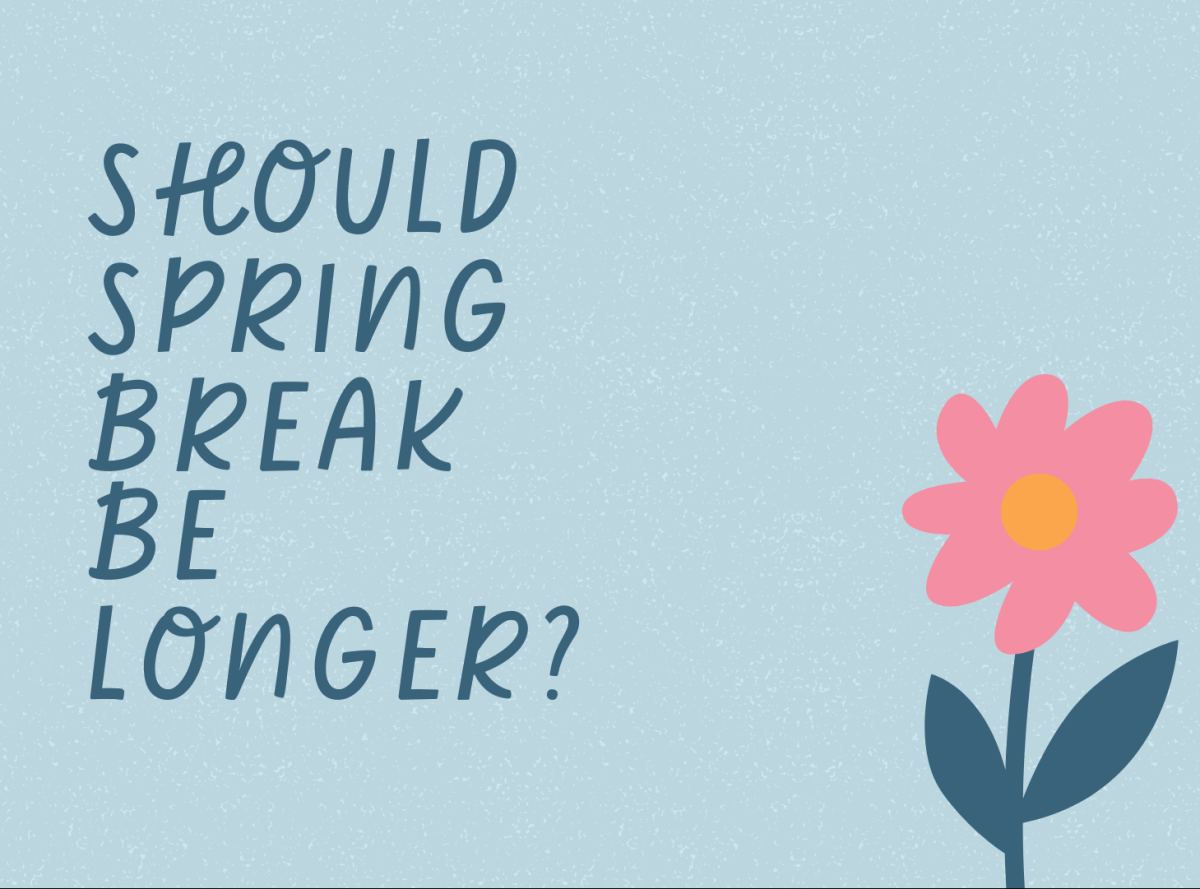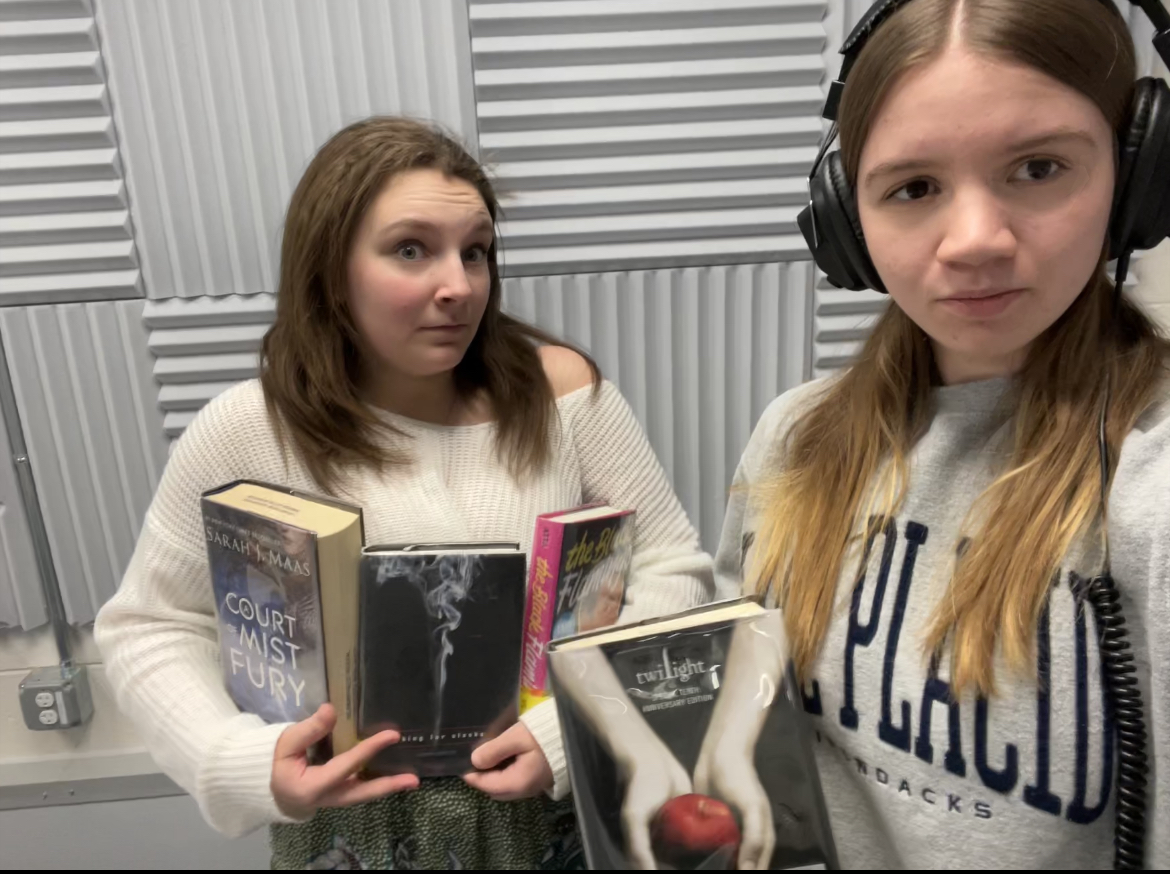
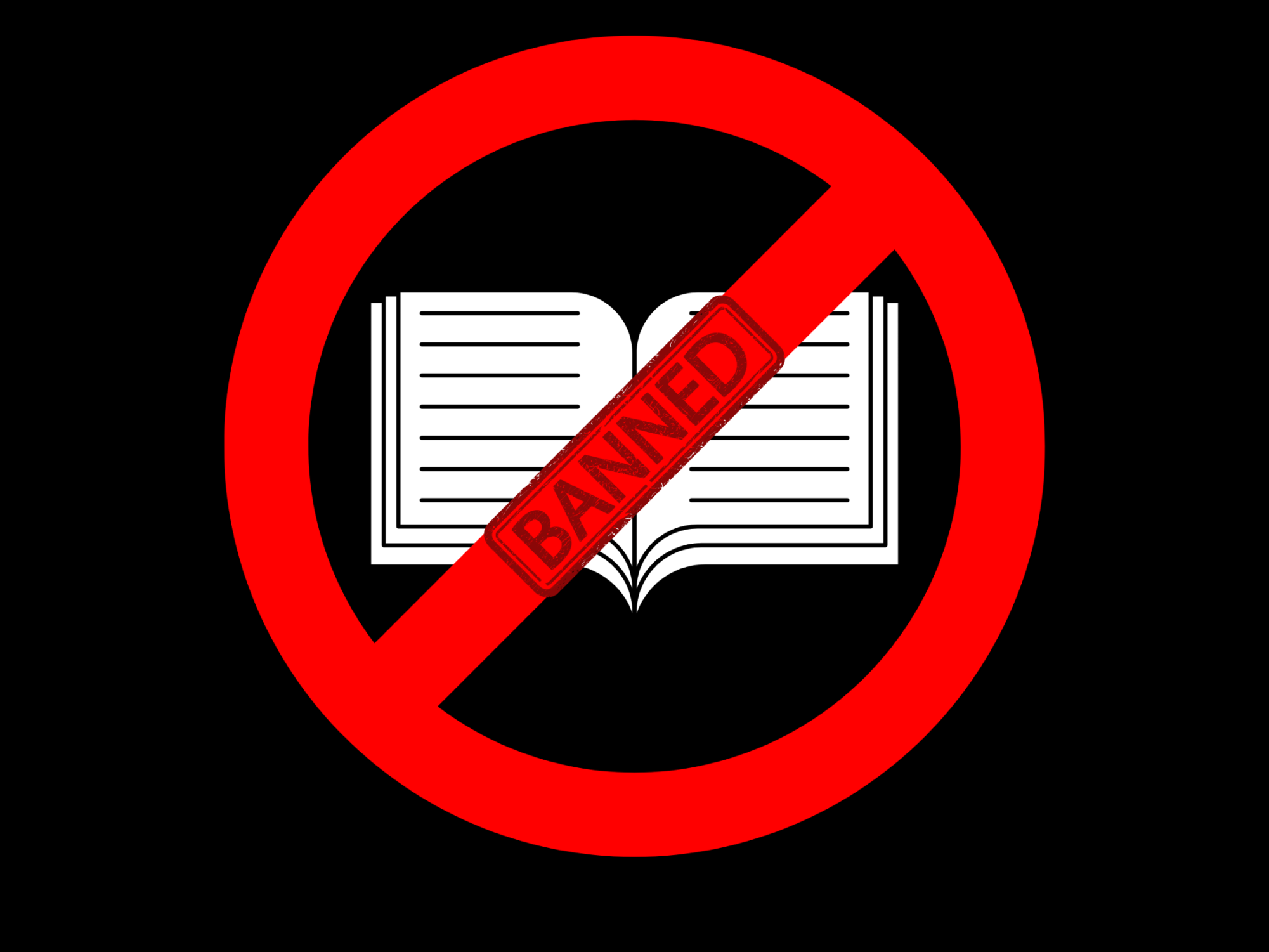
All over the country, books are being banned, but have you ever read anything that deserves to be?
I have been a reader for years now, and if I read something I don’t like, I just won’t read it. Books don’t deserve to be banned.
From Jan. to Aug., the American Library Association’s Office for Intellectual Freedom has “reported 695 attempts to censor library materials and services and documented challenges to 1,915 unique titles.”
These challenges are happening in Hunterdon County, where a group of parents at North Hunterdon Regional High School recently challenged certain LGBTQ books within the library’s collection.
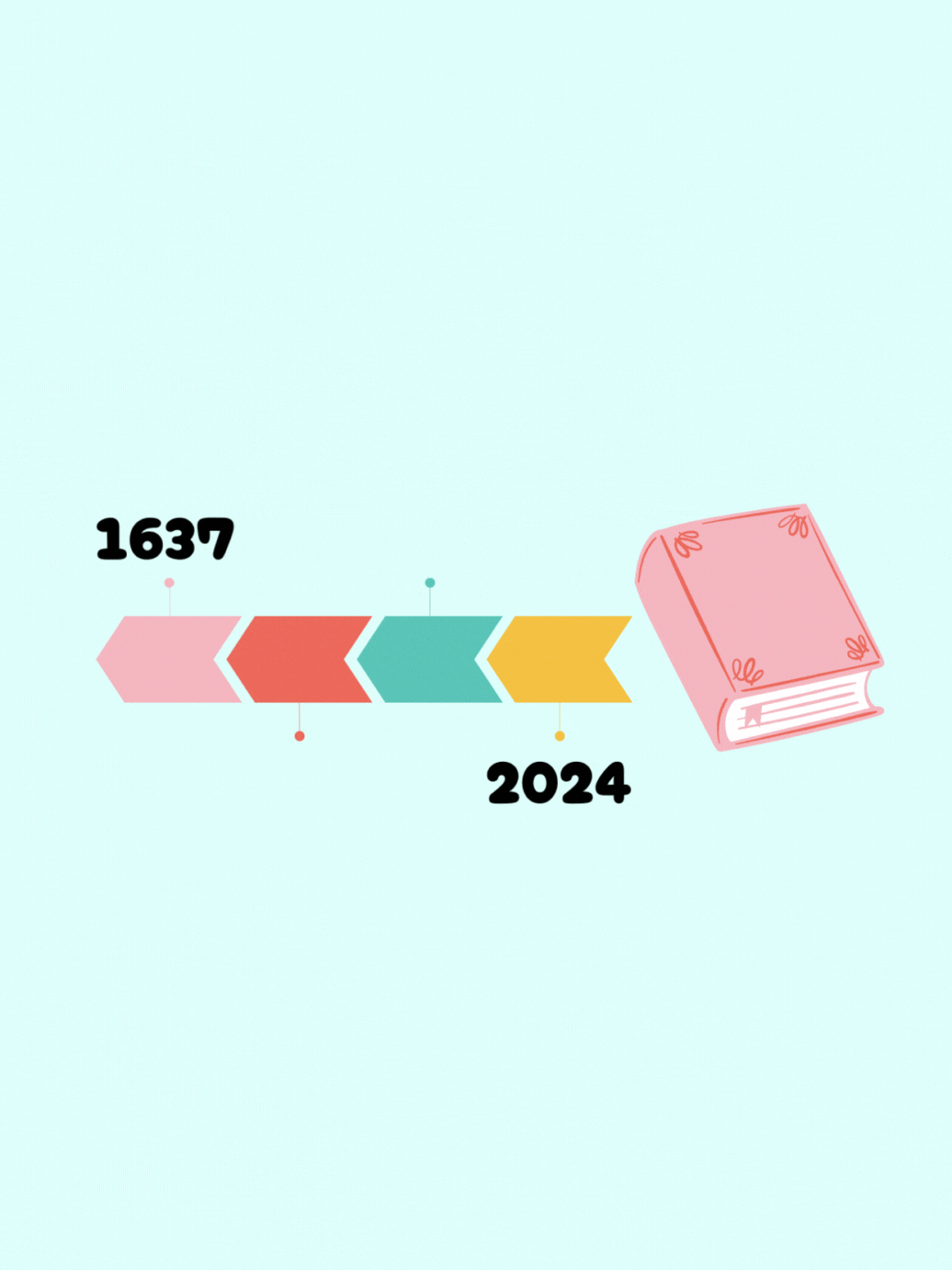
Banning books has been an issue for hundreds of years, but recently in the United States, around the height of the Covid-19 pandemic, book banning began to pop up more around the country, and in 2021, the numbers of banned book challenges soared.
2021 had 284 parent challenges, 131 school board challenges, 175 patrons challenges and 73 political and religious groups challenges.
The first book banning in the United States was in 1637 in current day Quincy, Massachusetts. The Puritan government banned Tomas Morton’s “New English Canaan.”
Book banning has increased since then with the numbers reaching into the thousands of books begin banned.
Recurring themes of banned books are offensive language, sexual content, LGBTQ+ content and religious content.
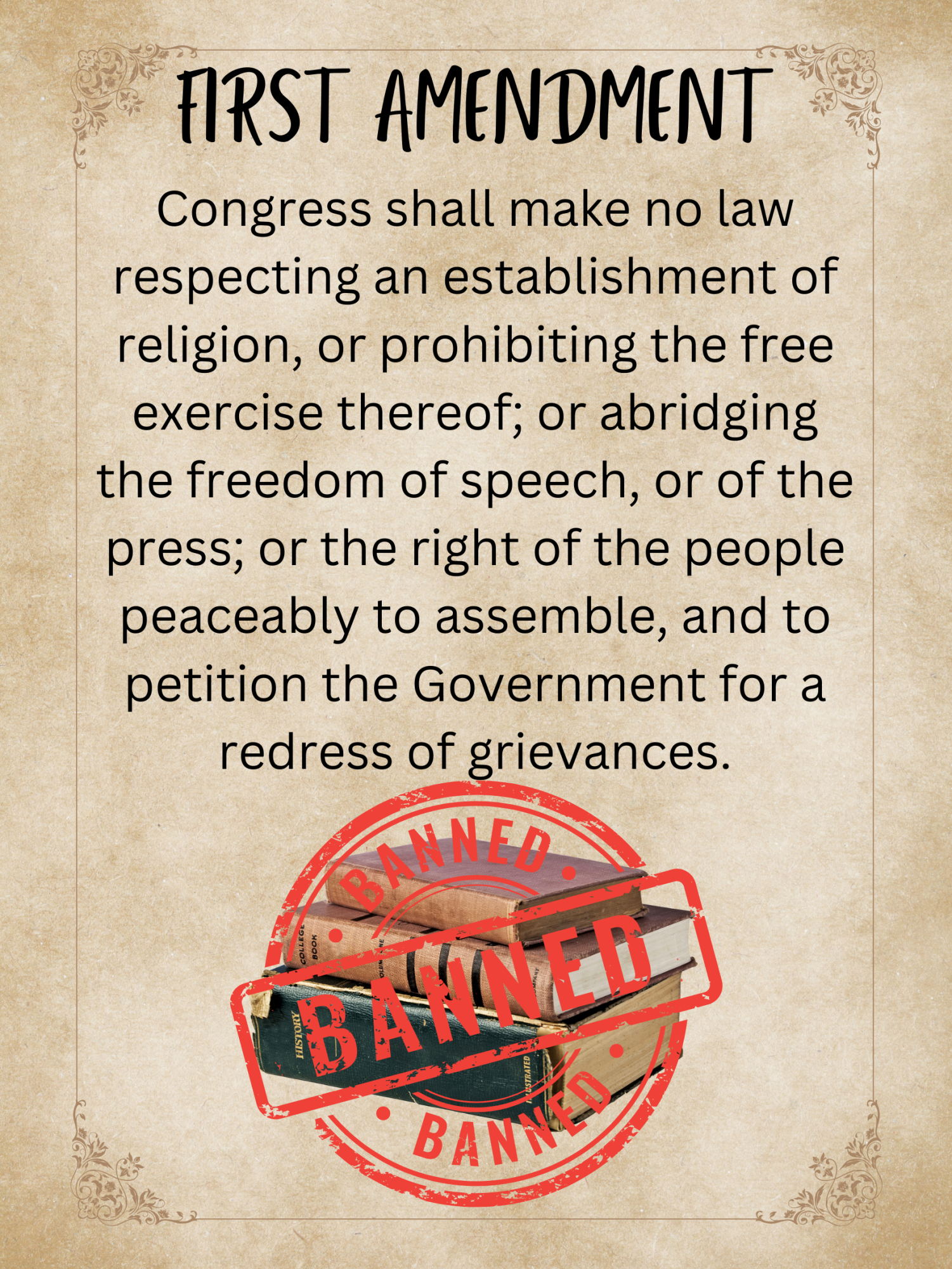
As stated in the Constitution, American citizens are guaranteed the freedom of speech. Shouldn’t authors be able to write what they wish, as long as it is not giving false information?
I believe so. As long as the book is not giving false information that is portrayed as true, then there is nothing wrong with what authors are writing.
Writing is a form of expression, and freedom of expression is a right guaranteed by the First Amendment and falls under the freedom of speech.
On the flip side, does certain writing violate a person’s freedom of religion?
Certain popular books such as “Oliver Twist” by Charles Dickens, “Harry Potter and the Sorcerer’s Stone” by J.K. Rowling and many more are said to do so.
However, people do not need to read books that contradict their religion, but in a school setting, if a book or set of stories, such a Greek Mythology, is being forced on them as a religion, then it would it violate someone’s freedom. If it is being taught as pure fiction, then there is no issue.
English teacher Clinton Ambs believes that people don’t have to read a book if it offends them, but they don’t have the authority to stop others from reading the book.
“To paraphrase one of my literary heroes, Edward Albee, the only thing more dangerous than government-sanctioned censorship is censorship we impose upon ourselves,” Ambs said. “I believe deeply in the power of the First Amendment. To that end, if a piece of literature offends somebody on moral grounds, that person reserves the right to stop reading it; however, that person does not have the moral authority to prevent someone else from enjoying the same piece of literature.”
Banning books violates the First Amendment. People have the right to choose what they wish to read, but censoring an author is violating the author’s First Amendment right.
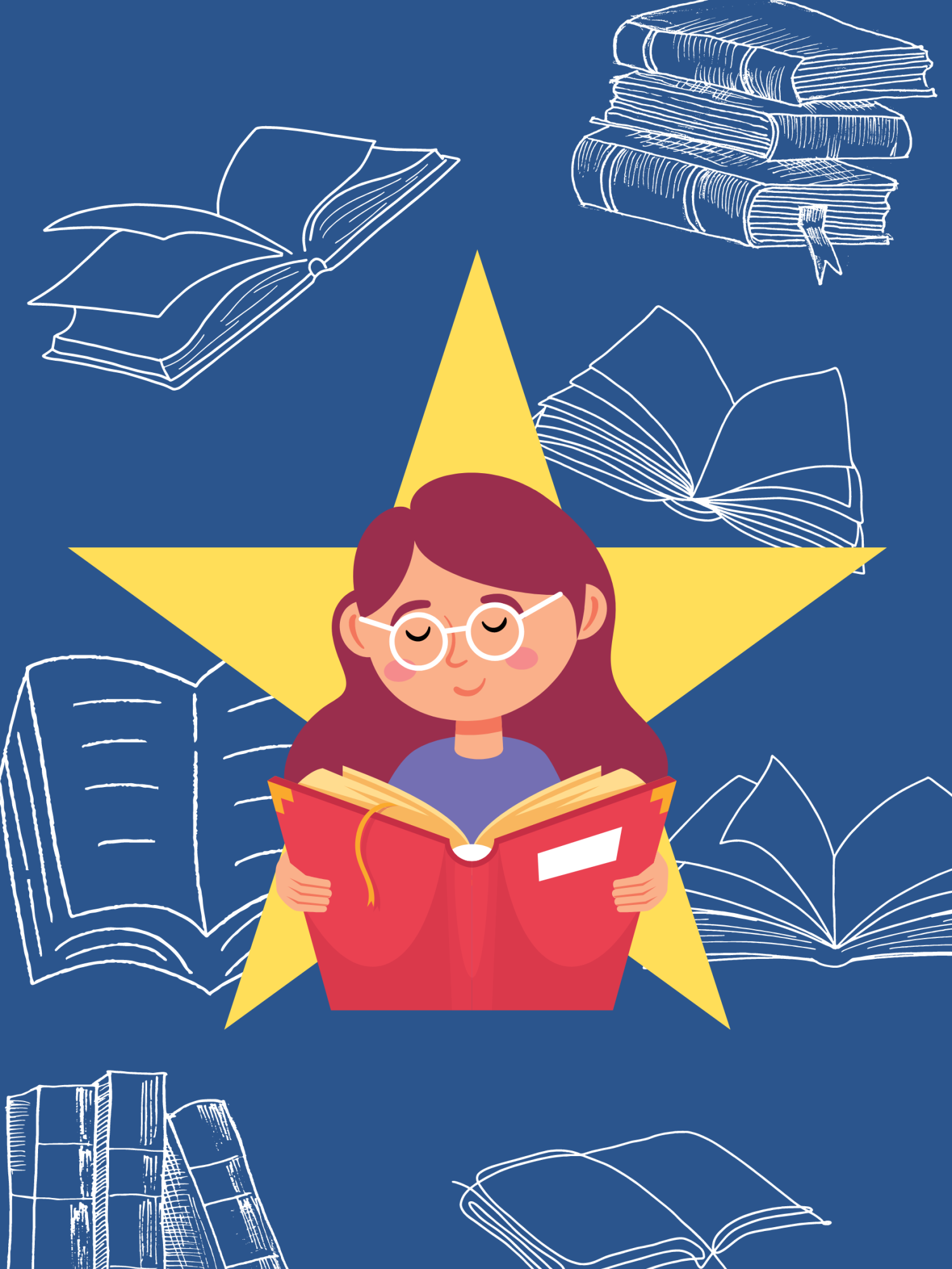
I believe that this trend will continue to grow unless people stick up for what is right.
Book banning is not something that should have ever existed because students should have the freedom to choose what they read.
Book banning has gotten out of control in recent years, to the point that people are challenging books just because they don’t like the content.
No person, no matter how much power he, she or they have, has the right to decide what hundreds of students can and cannot read. If there are true issues, schools, including Del Val, will create a committee of people to read the book and decide what course of action to take.
Book banning does not protect students, it controls them and shelters them from the truths of the world. By denying them books, students will not be prepared for the world and will be shocked to find it is not all butterflies and rainbows. Allowing them to read can help them prepare for what to expect and help them to discover who they are and who they want to be.
Just because you do not agree with or like the content of a book, does not give you the right to prevent others from deciding that for themselves.
Your donation will support the student journalists of Delaware Valley Regional High School. Your contribution will allow us to attend conventions, purchase equipment and cover our annual website hosting costs.

Ella Genovese is a freshman at Del Val, and this is her first year writing for "The Delphi." She has also taken over the role of Assistant Sports Editor. Last year she attended Alexandria Middle School. Some sports that Ella enjoys are tennis and swimming. She also enjoys reading and writing during both school and her free time.



